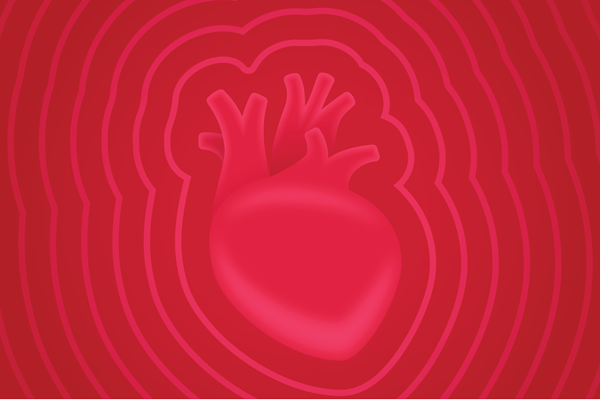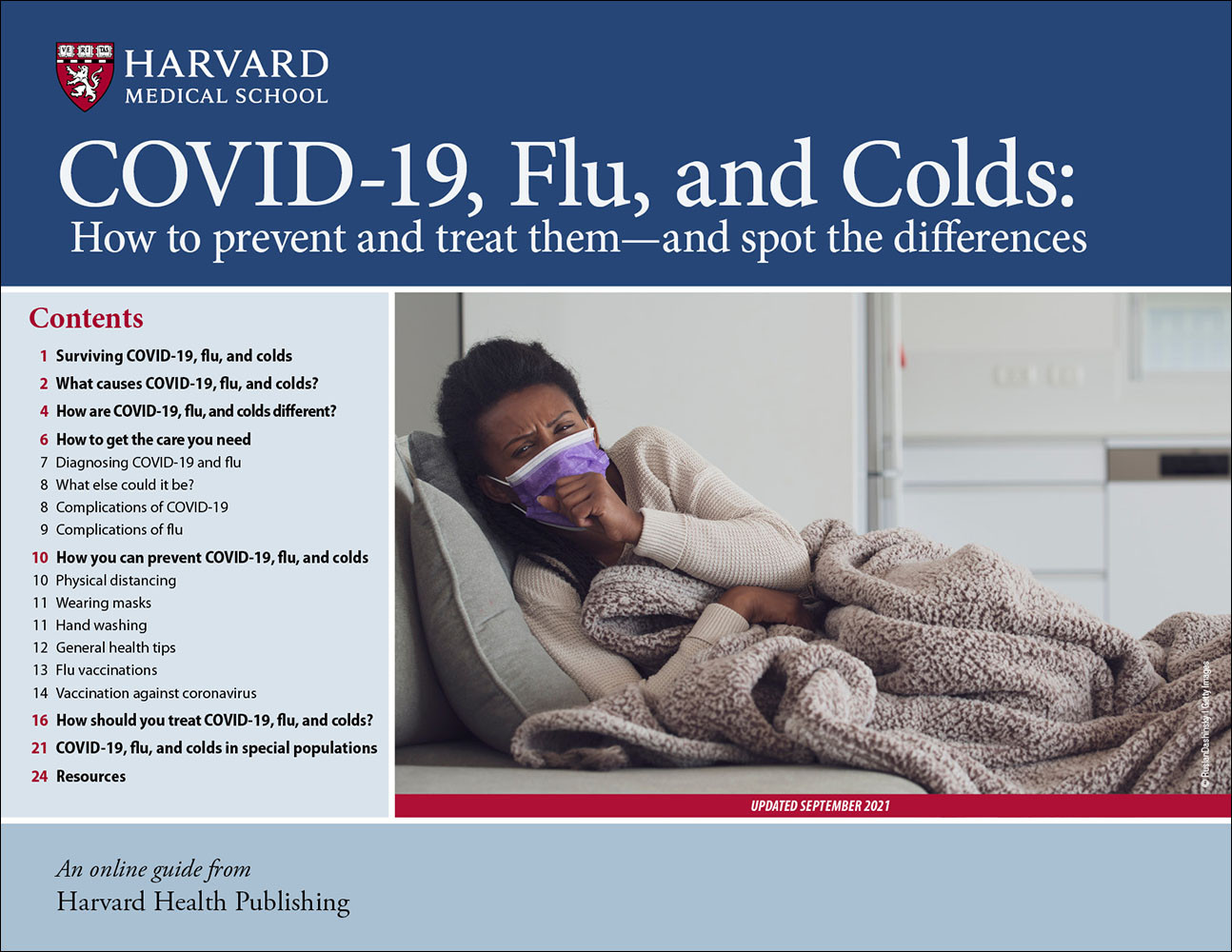New information for parents on myocarditis and COVID-19 vaccines

As a primary care pediatrician, I have been getting lots of questions from parents about myocarditis and pericarditis after COVID-19 vaccination. Many parents who had planned to get their children vaccinated are hesitant now, worried about what they are hearing on the news.
What are myocarditis and pericarditis?
Myocarditis is inflammation of the muscle of the heart, and pericarditis is inflammation of the tissue that forms a sac around the heart. There are many possible causes of this inflammation. Infections, especially viruses, are a common cause. It can also be caused by autoimmune conditions such as rheumatoid arthritis, certain medications, heavy metals, and radiation treatments. It has also been caused by vaccines, although this is rare. The symptoms are chest pain, shortness of breath, or an abnormal heartbeat (fast, fluttering, or pounding).
Currently, about 1,000 cases of myocarditis and pericarditis have been reported after vaccination against COVID-19 with one of the mRNA vaccines, Pfizer/BioNTech or Moderna. The cases have been most common in male adolescents and young adults, occurring most often after the second dose, and usually within several days of receiving the vaccine. The majority of cases have been mild. Experts are still gathering information, but as of this writing, 79% of teens and young adults who experienced this had recovered.
How do the risks compare with the benefits of getting a COVID-19 vaccine?
It's understandable to worry about a side effect involving the heart. But before choosing not to vaccinate, it's important to look at the whole picture.
Millions of doses of COVID-19 vaccine have been given, and there have only been 1,000 cases of heart inflammation. Doing the math, the Centers for Disease Control and Prevention (CDC) notes that for every million doses given, there have been 67 cases of heart inflammation in boys 12 to 17 (nine in girls of that age group), 56 in those aged 18 to 24 (six in girls), and 20 in males 25 to 29 (three in girls). That means the risk is quite low.
While it's true overall that children and young adults have been less affected by COVID-19 than older adults, there's no guarantee that they won't get very sick if they catch it. Experts are particularly worried about the new COVID-19 variants, which seem to spread more quickly and cause more severe disease. The available vaccines do appear to protect against these variants, and the vast majority of current hospitalizations and deaths are in people who are unvaccinated.
COVID-19 can affect the heart, too — not only as part of MIS-C, a multisystem inflammatory complication of COVID-19 seen in children, but also just from the infection itself. COVID-19 can cause heart damage, including myocarditis.
Our only way out of this pandemic is to get as many people vaccinated as possible, including young people. Young people who are vaccinated can safely go to school or camp, play sports, and be with their friends and families, all of which are important for their current and future health and well-being — and all of which were curtailed during the pandemic.
That's why the American Academy of Pediatrics, the CDC, and other health groups are encouraging people to continue to vaccinate despite the cases of myocarditis and pericarditis. The risk is small — and the benefits are huge.About the Author

Claire McCarthy, MD, Former Senior Faculty Editor, Harvard Health Publishing
Disclaimer:
As a service to our readers, Harvard Health Publishing provides access to our library of archived content. Please note the date of last review or update on all articles.
No content on this site, regardless of date, should ever be used as a substitute for direct medical advice from your doctor or other qualified clinician.
















